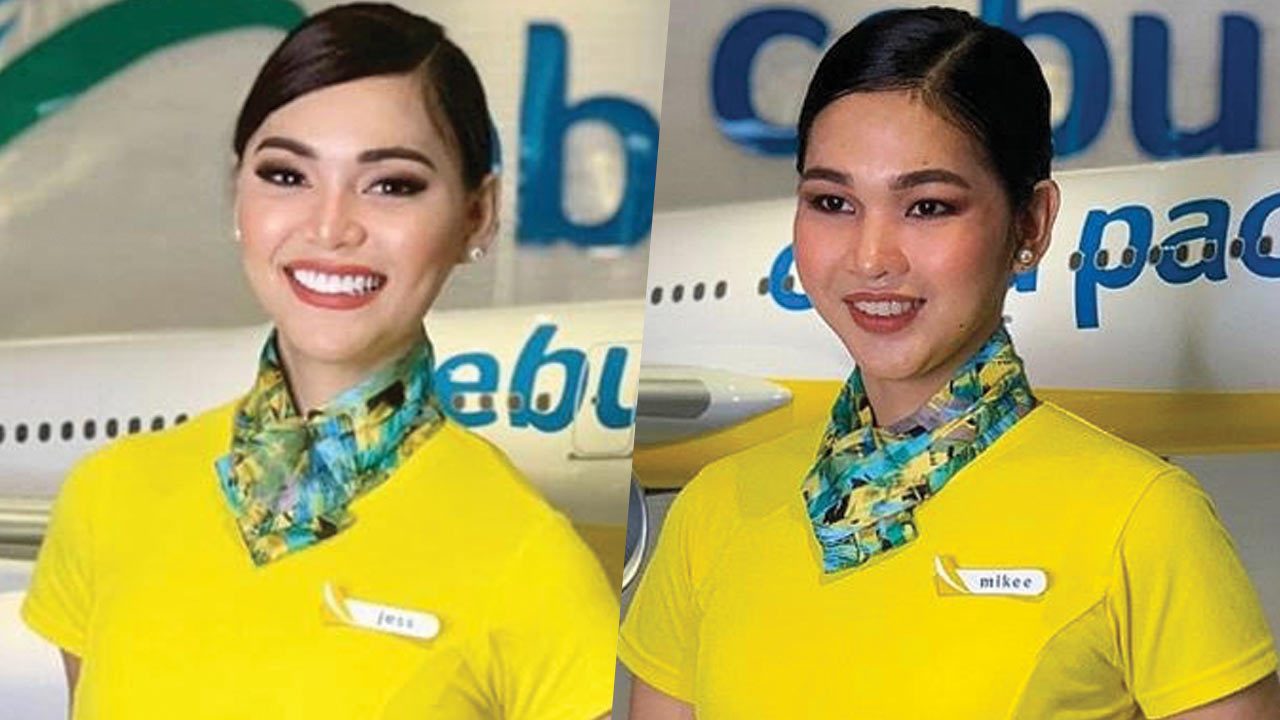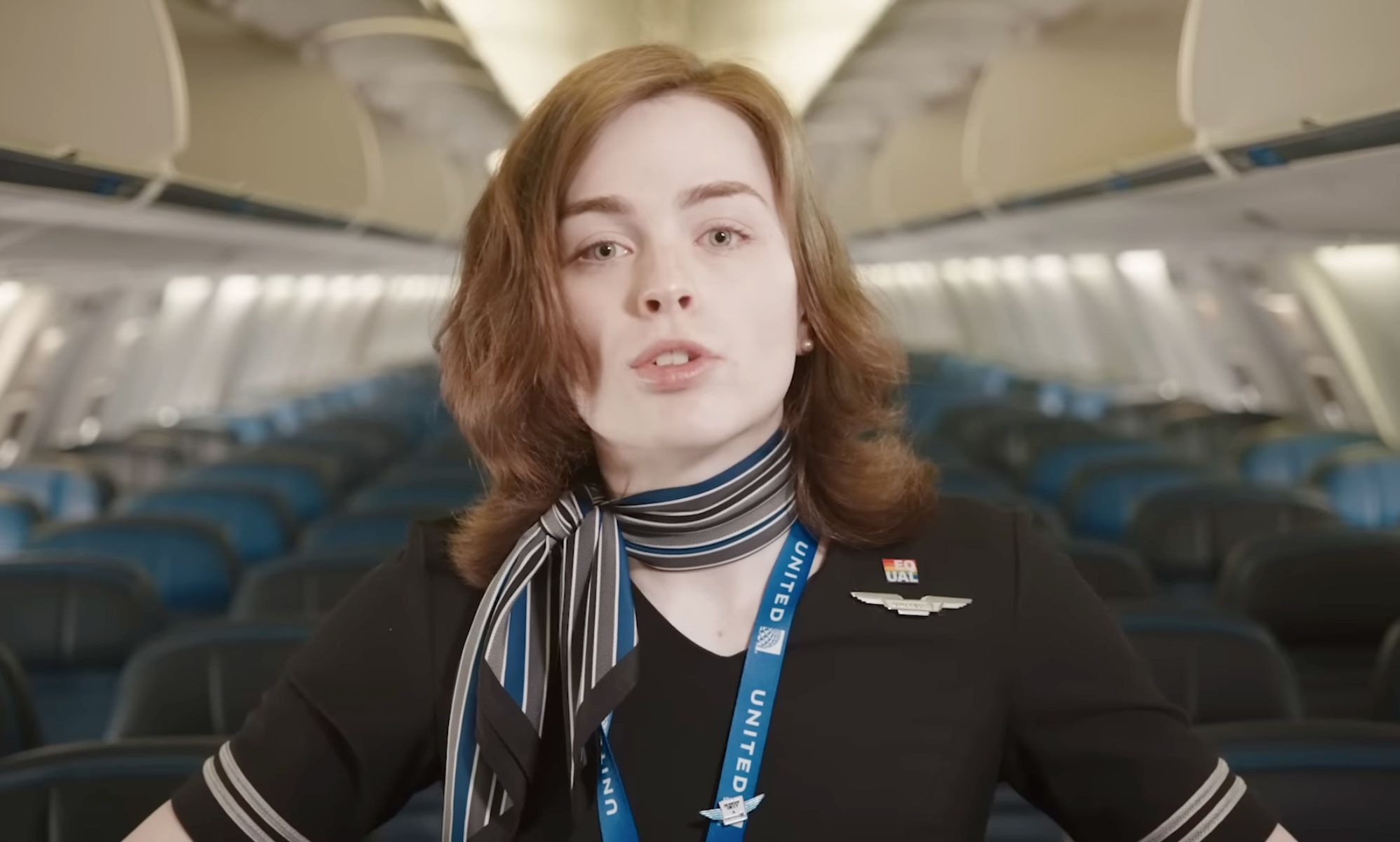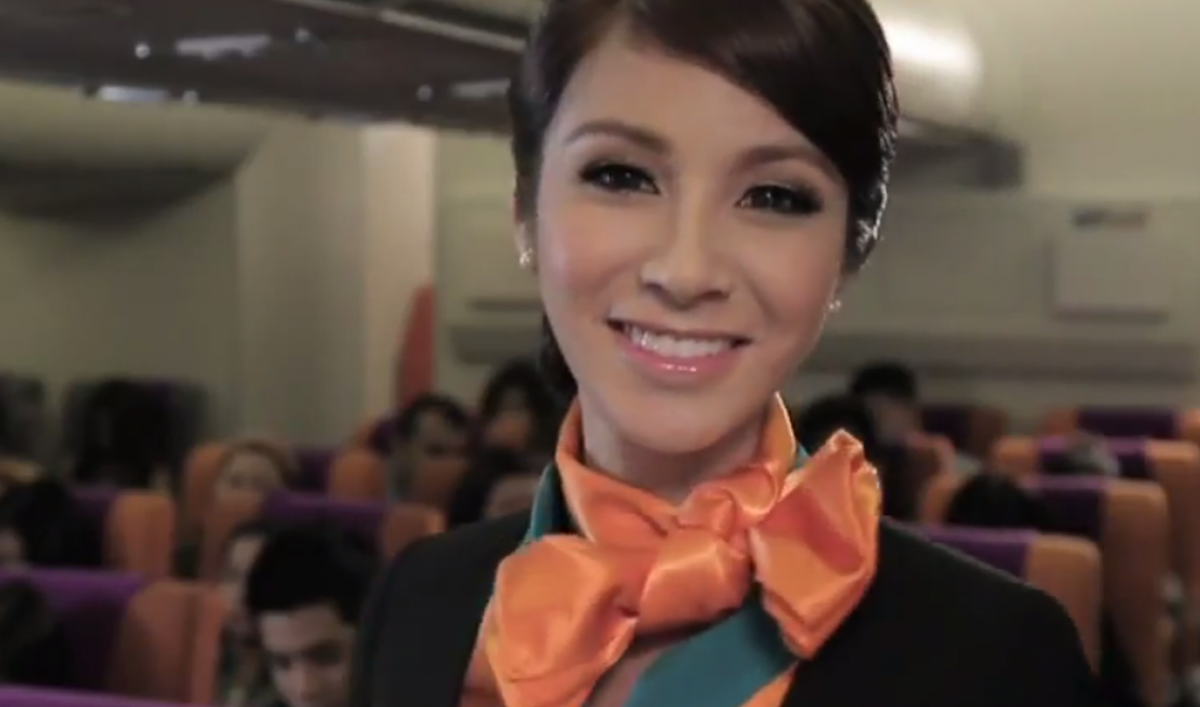Misgendering and its Impact: Misgendering Flight Attendant

Misgendering flight attendant – Misgendering is the act of incorrectly identifying or referring to someone’s gender. This can have a profound impact on individuals, as it can lead to feelings of invalidation, discrimination, and isolation. It is important to be respectful of people’s gender identities and to use the pronouns and names that they prefer.
In the wake of the misgendering incident involving a flight attendant, it’s crucial to recognize the importance of respecting individuals’ gender identities. Just as the Pittsburgh Steelers embody teamwork and inclusivity on the field, we must strive to create a society where everyone feels valued and respected for who they are.
Misgendering is a harmful practice that can have a profound impact on individuals’ well-being, and it’s imperative that we work towards eliminating it from our interactions.
Examples of Misgendering
- Referring to a transgender woman as “he” or “sir”
- Assuming someone’s gender based on their appearance
- Using gendered language that is not inclusive, such as “ladies and gentlemen”
Misgendering can have serious consequences, including:
- Increased risk of depression and anxiety
- Lower self-esteem
- Difficulty accessing healthcare and other services
- Violence and discrimination
Misgendering a Flight Attendant
In the specific case of misgendering a flight attendant, this can have a particularly harmful impact. Flight attendants are in a position of authority and are responsible for the safety and well-being of passengers. When a flight attendant is misgendered, it can undermine their authority and make it difficult for them to do their job effectively. It can also create an uncomfortable and hostile environment for passengers who are transgender or gender non-conforming.
Causes and Prevention of Misgendering

Misgendering, the act of incorrectly identifying someone’s gender, stems from a complex interplay of societal norms and biases. To prevent this harmful practice, it is crucial to understand its root causes and implement effective strategies.
Societal Norms and Biases
Society often perpetuates rigid gender stereotypes and binary categories, which can lead to misgendering when individuals do not conform to these expectations. Unconscious biases, based on race, ethnicity, or gender expression, can also contribute to misgendering.
Prevention Strategies
Preventing misgendering requires a multifaceted approach that includes:
- Promoting Inclusivity: Creating a welcoming and inclusive environment where individuals feel comfortable expressing their gender identity without fear of judgment.
- Raising Awareness: Educating the public about the importance of respecting gender identity and the consequences of misgendering.
- Training and Education: Providing training for individuals in various settings, including the air travel industry, to enhance their understanding of gender diversity and prevent misgendering.
- Policy Implementation: Establishing clear policies and procedures that prohibit misgendering and promote gender-affirming practices.
Plan for Air Travel, Misgendering flight attendant
In the context of air travel, implementing these strategies involves:
- Training for Staff: Flight attendants and other airline personnel should receive comprehensive training on gender diversity, pronouns, and respectful language.
- Passenger Education: Passengers should be informed about the airline’s commitment to inclusivity and the importance of respecting gender identity.
- Clear Communication: Flight attendants should clearly state their pronouns and ask passengers for their preferred pronouns, creating a safe and respectful environment.
- Reporting Mechanisms: Establishing a reporting system for passengers to report incidents of misgendering and ensure accountability.
Addressing Misgendering in the Aviation Industry

Misgendering in the aviation industry is a serious issue that can have a significant impact on the lives of transgender and non-binary people. It is essential that airlines have clear policies and procedures in place for addressing misgendering on flights, and that flight attendants are properly trained to prevent and respond to misgendering incidents.
Current Policies and Procedures
Most major airlines have policies in place that prohibit discrimination against transgender and non-binary people. However, these policies vary in their specificity and effectiveness. Some airlines simply state that they do not tolerate discrimination, while others have more detailed policies that Artikel specific procedures for addressing misgendering incidents.
For example, Delta Air Lines has a policy that states that “all customers are entitled to be treated with respect and dignity, regardless of their gender identity or expression.” The policy also Artikels specific procedures for addressing misgendering incidents, including how to apologize to the customer, correct the mistake, and provide support.
Effectiveness of Current Measures
The effectiveness of current policies and procedures for addressing misgendering on flights varies. Some airlines have been praised for their handling of misgendering incidents, while others have been criticized for their lack of sensitivity and support.
A 2019 study by the National Center for Transgender Equality found that 30% of transgender and non-binary people have experienced discrimination when flying. The study also found that transgender and non-binary people are more likely to be misgendered by flight attendants than by other airport staff.
These findings suggest that current policies and procedures for addressing misgendering on flights are not always effective. There is a need for more comprehensive and consistent training for flight attendants, as well as more specific policies that Artikel the steps that should be taken when a misgendering incident occurs.
Training Program for Flight Attendants
A comprehensive training program for flight attendants on preventing and responding to misgendering incidents should include the following:
- Education on gender identity and expression, including the difference between sex and gender, and the different ways that people can identify their gender.
- Training on how to use respectful and inclusive language, and how to avoid misgendering people.
- Role-playing exercises to practice responding to misgendering incidents in a sensitive and supportive manner.
- Information on the airline’s policies and procedures for addressing misgendering incidents.
Flight attendants should also be trained on how to create a safe and inclusive environment for all passengers, regardless of their gender identity or expression. This includes being aware of the specific needs of transgender and non-binary passengers, and being able to provide support and assistance when needed.
The recent incident of a misgendered flight attendant highlights the ongoing struggle for transgender rights. While some may dismiss it as a minor inconvenience, for transgender individuals, it can be a deeply hurtful and invalidating experience. This incident underscores the need for greater awareness and sensitivity towards transgender people.
Just as the Pittsburgh Steelers strive for excellence on the field, we must strive for a society where everyone is treated with respect and dignity, regardless of their gender identity.